
GI Surgeon, GI Oncologist and Bariatric Surgeon
35+ Years of Experience

Surgical Gastroenterologist, Bariatrics Surgery, General Surgeon
35+ Years of Experience

Advanced Laparoscopic, Minimal Access and Bariatric Surgeon
20+ Years of Experience

Advanced Laparoscopic, Minimal Access and Bariatric Surgeon
15+ Years of Experience

Beds: 539
New Delhi

Beds: 230
New Delhi

Beds: 710
New Delhi

Beds: 650
New Delhi

Beds: 191
New Delhi

Beds: 310
New Delhi

Beds: 299
Gurugram

Beds: 380
New Delhi

Beds: 402
New Delhi

Beds: 1300+
Gurugram

Beds: 1000
New Delhi
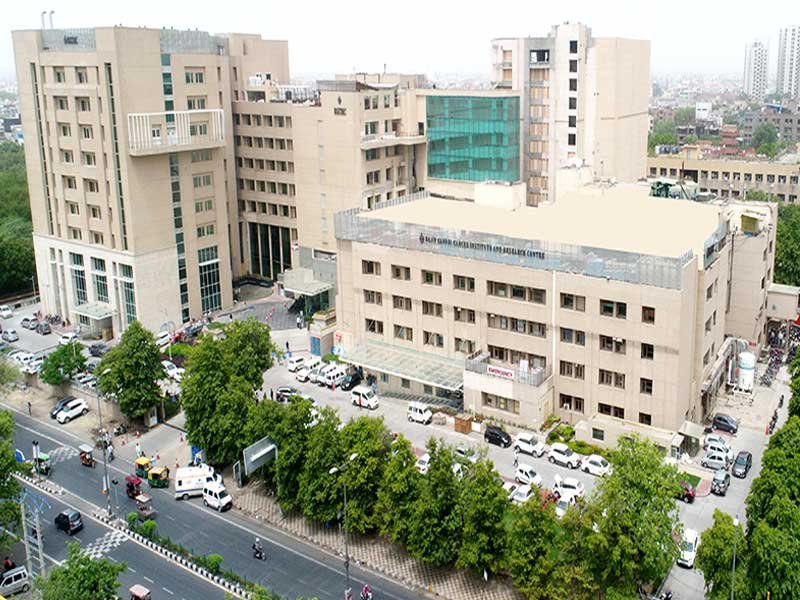
Beds: 500
New Delhi

Beds: 450
Faridabad

Beds: 675
New Delhi

Beds: 500
New Delhi
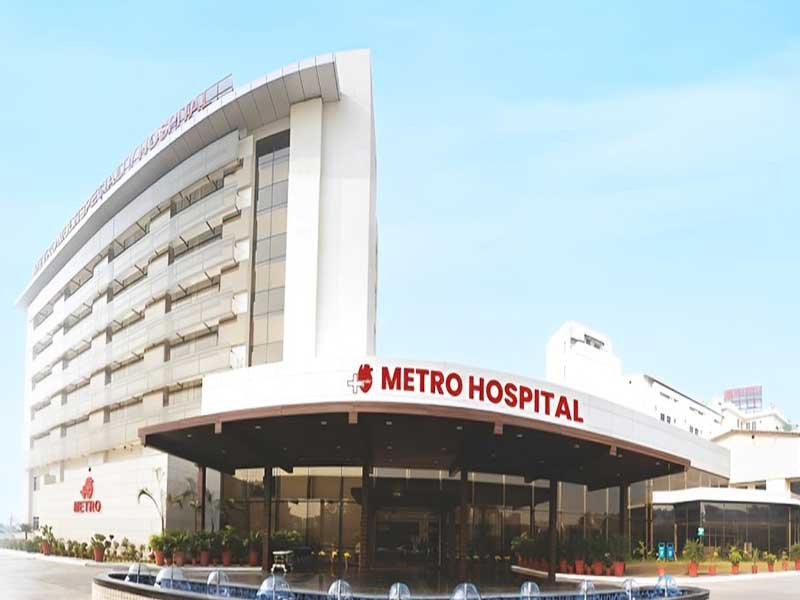
Beds: 400+
Faridabad

Beds: 106
New Delhi

Beds: 495
New Delhi

Beds: 104
Gurugram

Beds: 250
Gurugram

Beds: 300
Gurugram

Beds: 162
New Delhi

Beds: 400+
New Delhi

Beds: 380
Faridabad

Beds: 262
New Delhi

Beds: 325
Faridabad

Beds: 550
Gurugram

Beds: 2600
Faridabad

Beds: 400
Greater Noida

Beds: 450
Chennai

Beds: 560
Chennai

Beds: 400
Chennai

Beds: 300
Chennai
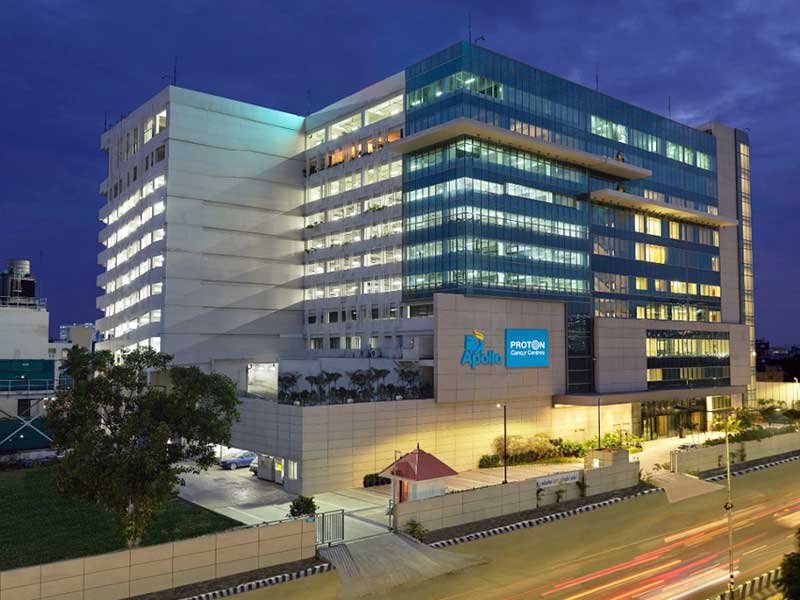
Beds: 150
Chennai

Beds:
Chennai

Beds: 300
Chennai
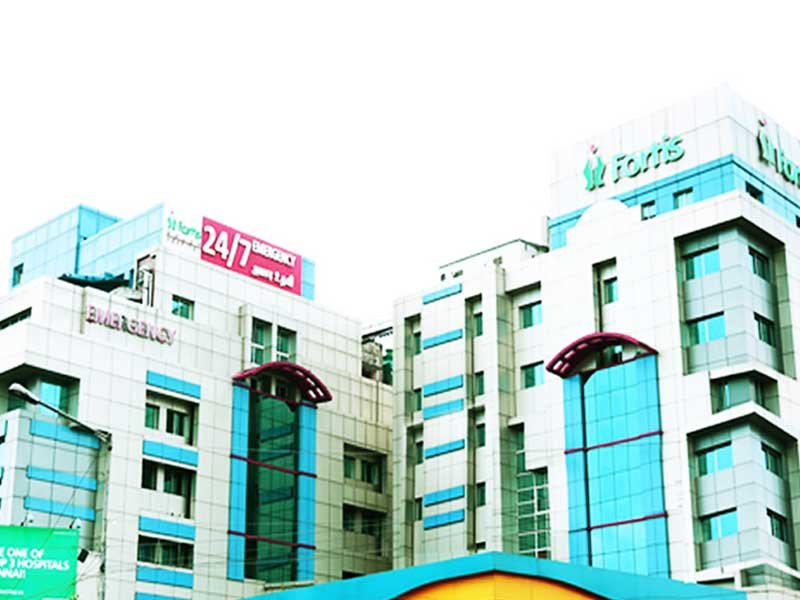
Beds: 180
Chennai

Beds: 200
Chennai

Beds: 750
Mumbai

Beds: 2000
Hyderabad

Beds: 360
Chennai

Beds: 750
Chennai

Beds: 300
Mumbai
.jpg)
Beds: 500
Bengaluru

Beds: 550
Ahmedabad

Beds: 1000
Hyderabad

Beds: 550
Hyderabad

Beds: 150
Hyderabad

Beds: 400
Hyderabad

Beds: 435
Hyderabad

Beds: 225
Hyderabad
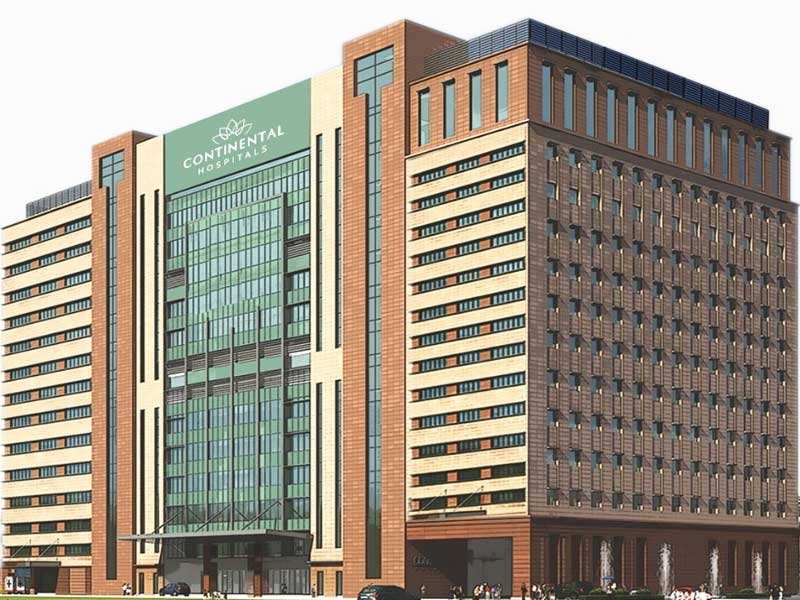
Beds: 585
Hyderabad

Beds: 600
Pune

Beds: 500
Pune

Beds: 350
Pune

Beds:
Pune

Beds: 120
Pune

Beds: 100
Pune

Beds: 300
Kolkata

Beds: 700
Kolkata

Beds: 440
Kolkata

Beds: 200
Kolkata

Beds: 1300
Kochi

Beds: 600
Calicut

Beds: 670
Kochi

Beds: 510
Kochi

Beds:
Kochi
Our care team can help you.
